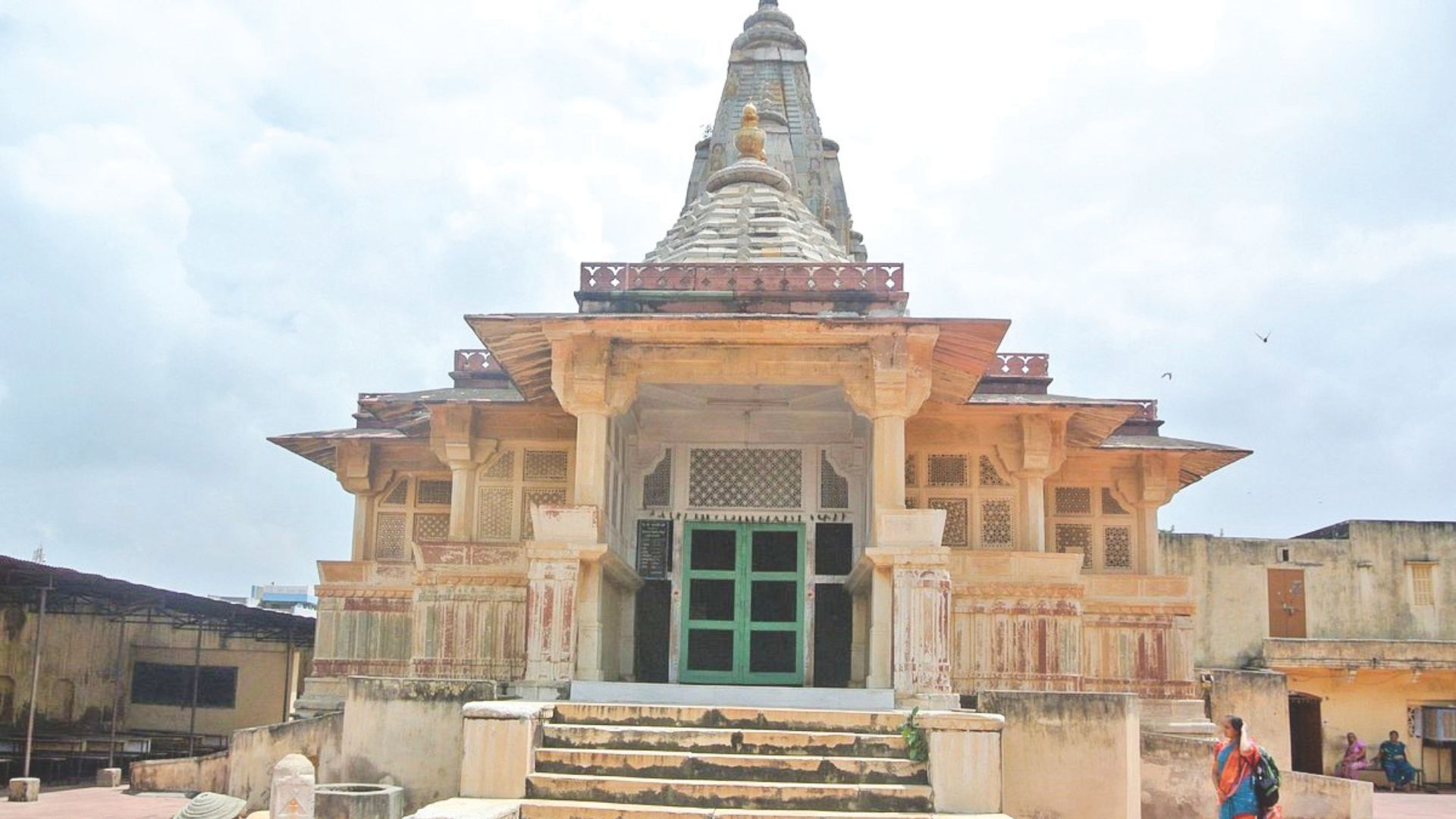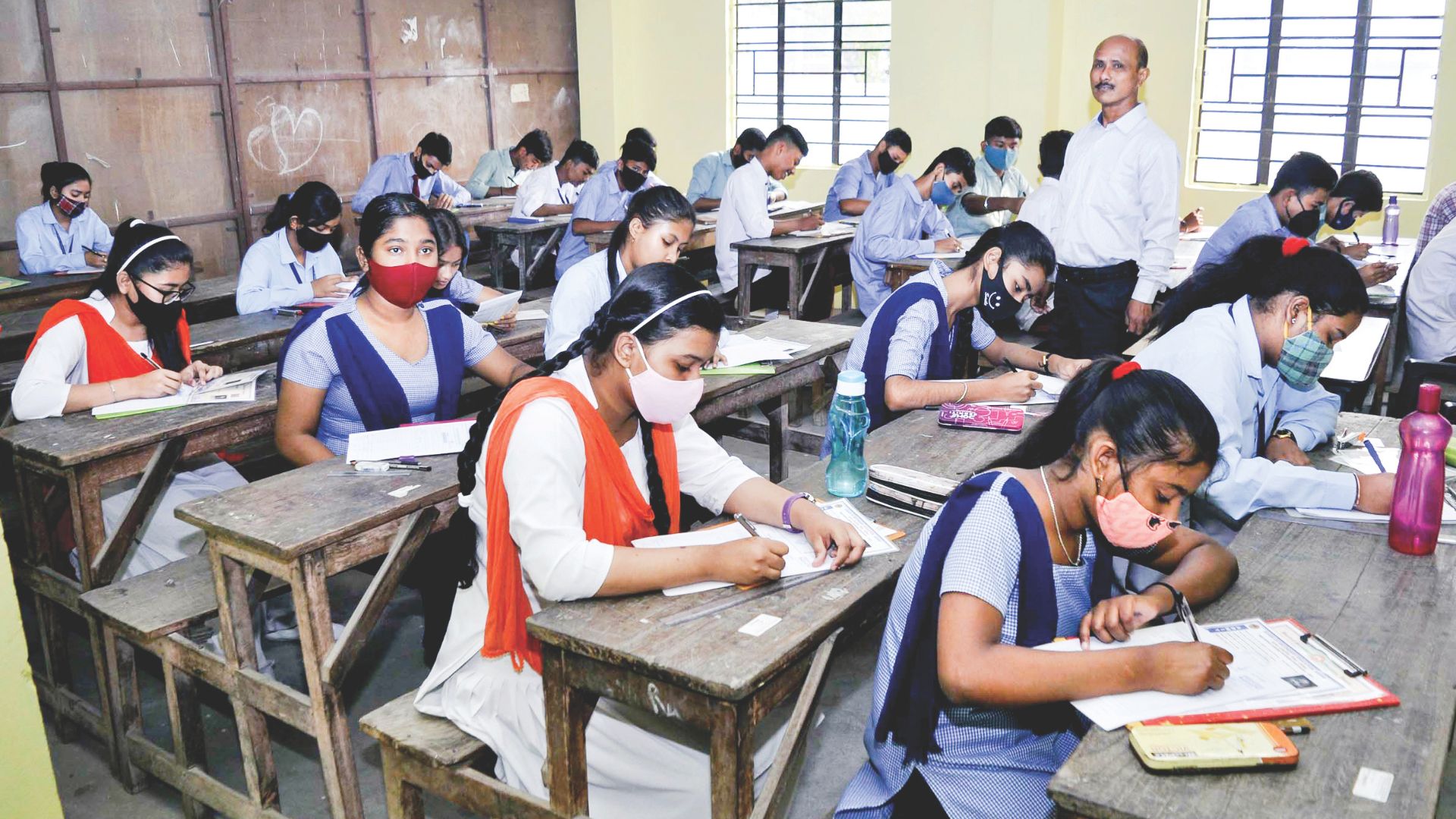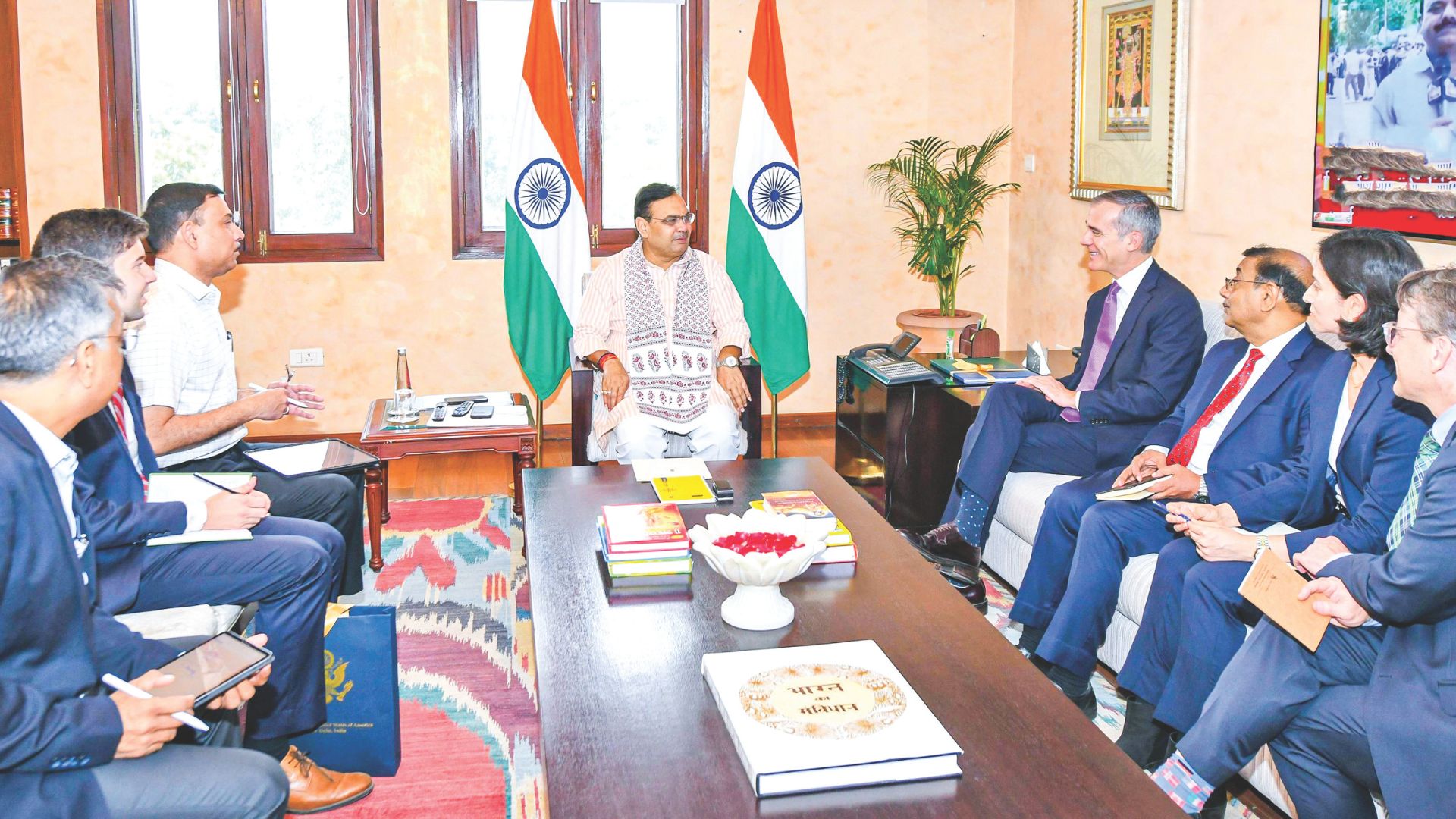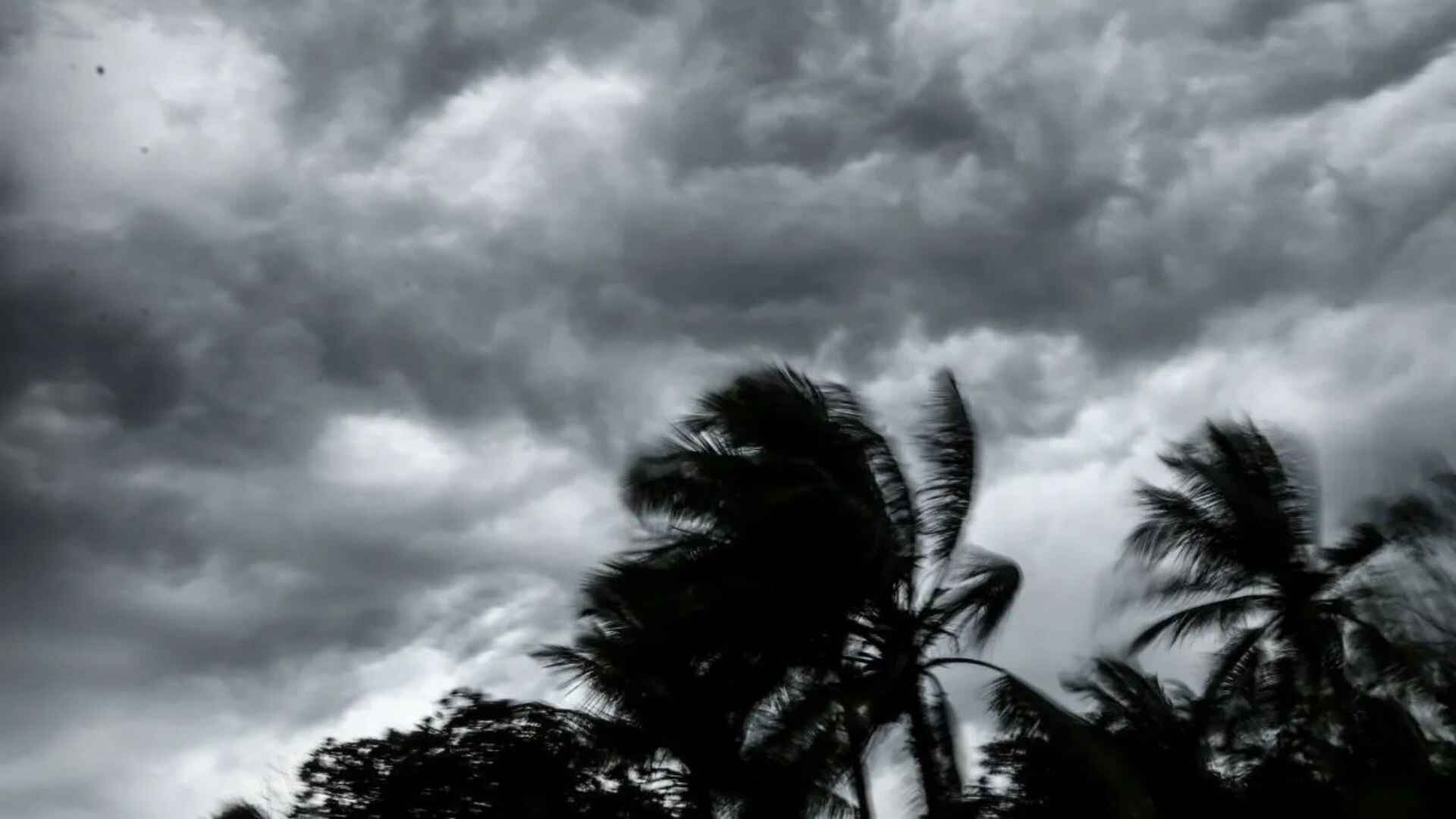
During the monsoon season, individuals living in coastal and rice belt regions of India are particularly susceptible to brain infections due to heightened environmental conditions. The increased humidity during this period creates optimal breeding grounds for mosquitoes, which are key vectors for various viral infections, including Japanese encephalitis and dengue fever. These conditions significantly elevate the risk of encephalitis, a severe inflammation of the brain that can lead to serious neurological symptoms.
Dr. Chetan Maniar a consultant Neurologist at Shalby Hospital Surat, warns of viral, bacterial, and other brain infections, urging vigilance in children and seniors. Symptoms include fever, headaches, vomiting, seizures, and confusion. Children and elderly are most at risk. Early treatment is crucial to avoid complications.
In regions like India, where brain infections are a notable public health challenge, the monsoon exacerbates the situation. Mosquito-borne viruses thrive in the humid conditions, increasing the incidence of diseases like Japanese encephalitis. While bacterial infections can typically be treated with antibiotics, viral infections such as Japanese encephalitis and dengue require specific antiviral medications. Tubercular brain infections demand a long course of anti-tuberculosis drugs.
Addressing the increased risk during the monsoon involves implementing effective mosquito control measures, enhancing surveillance, and ensuring timely medical treatment. These steps are crucial to managing the public health impact of brain infections during this vulnerable season.
Shalby Hospitals excels in diagnosing and treating brain diseases, especially during the monsoon when risks increase. With advanced medical care and cutting-edge treatments, Shalby provides comprehensive solutions for conditions like encephalitis, ensuring effective management and patient comfort throughout the rainy season.
The author is the Consultant Neurologist at Shalby Hospital Surat















